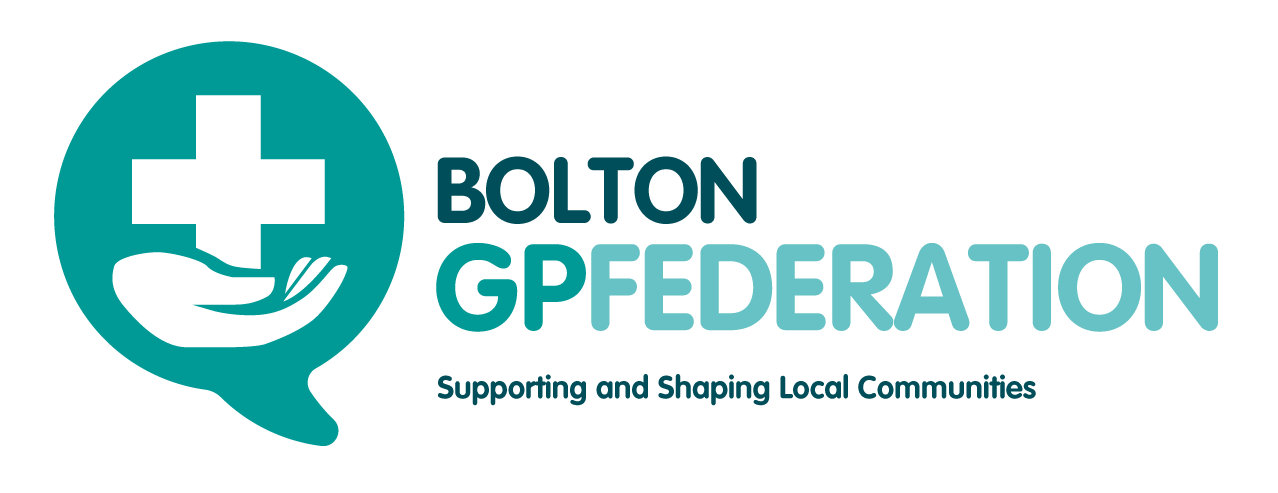Have you been diagnosed?
Finding out that you have cancer can be a shock. You may have lots of questions. Or you may just need time to think about what you have been told. There is no right or wrong way to feel.
You probably have lots of questions about your treatment. Understanding what is happening, and why, can make you feel more involved in your care. It can also make it easier to make decisions.
Your main point of contact at the hospital is your key worker. This is usually your clinical nurse specialist. A team of healthcare professionals, called a multidisciplinary team (MDT), is responsible for your treatment and care. Members of your MDT and your key worker can answer any questions you have. They can also refer you to other people who can help.
5 top tips for asking questions
You may have questions you wish to ask your healthcare team. Here are some tips to help you get the answers you need.
- Plan your questions
- Keep notes
- Ask someone to come with you
- Do not feel you have to ask everything at once
- Remember that professionals are there to help.
You may want to find out about the type of cancer. You can use Macmillan’s Cancer A to Z to find more information about different types of cancer. This can help you understand what to expect. But you may find information that is scary or unexpected, and which causes worry.
The Wellbeing Hub at Bolton Hospice
The Wellbeing Hub at Bolton Hospice offers you a flexible, drop-in support service with access to specialist services such as symptom management, advice clinics, outpatient clinics, and wellbeing sessions such as complementary therapy and yoga.
We welcome people living within the Bolton area who have progressive life-limiting illnesses, for example advanced cancers, COPD and Motor Neurone Disease.
The Wellbeing Hub aims to provide advice, support and specialist management for local people living with life-limiting illness, and your carers. Our focus is on promoting your wellbeing and rehabilitation to enable you to live well with life-limiting illness.
The Wellbeing Hub is about much more than your medical care. It is about finding skills for living well with your condition, choosing lifestyle activities that will spark new interests and developing supportive friendships.
Find out more here.
People Involved in your Care
The primary healthcare team is a team of healthcare professionals, including your GP. They are usually based in a health centre or surgery. If you need care at home, your GP will liaise with the district nurse, who is part of the healthcare team. The GP is in charge of your medical care which includes prescribing your medications.
Clinical nurse specialists may be part of the specialist team. Some have a special focus on supporting people with a particular illness, such as cancer or heart disease. They are highly trained in managing pain and other symptoms. They can also offer emotional support and practical advice to people and their families. They work with and advise the primary healthcare team.
There are two types of oncologists who may be involved in your care:
- Medical oncologist – a doctor who specialises in treating cancer with chemotherapy and other cancer drugs.
- Clinical oncologist – a doctor who specialises in treating cancer with radiotherapy, chemotherapy and other cancer drugs.
The cancer psychology service is at The Royal Bolton Hospital. You must be referred to this service via your specialist nurse or the Macmillan Information and Support Service. If you feel this service is appropriate for you have a chat with your nurse or the staff at Bolton Macmillan Information and Support Service.
For more information on other people who could be involved in your care, you can find out more via Bolton Macmillan Support.
